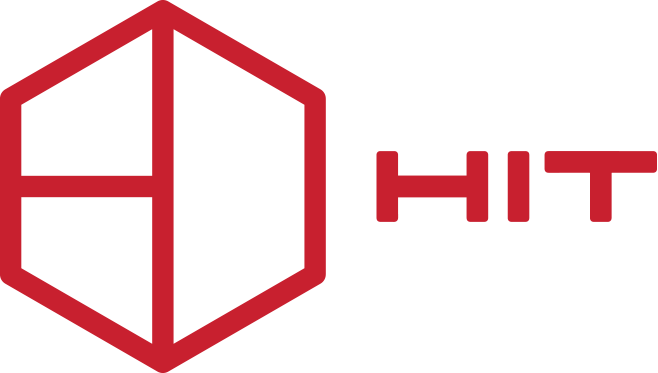
Hospitality is an industry where the expectations of its target audience are higher than ever. With short-term rentals now the main competitor to hotels, technology plays a crucial role in shaping the comparative advantage of an accommodation, which is none other than the provision of high-quality services.
Hotels that invest in the right technologies in 2025 will be ahead of the curve. The trends shaping the future of hotel technology – as we confirmed at the recent ITB report – are as follows:
1. AI & Automation: Enhancing the Guest Experience
Artificial intelligence (AI) is ushering in a new technological revolution. In 2025, wider adoption of AI-powered chatbots, virtual receptionists, and automated check-in systems is expected. These technologies are dramatically increasing guest satisfaction, offering 24/7 instant service and personalized recommendations.
Behind the scenes, RMS AI systems will optimize pricing strategies based on real-time market data, while automation will streamline the daily routines of cleaning, maintenance and even the kitchen departments.
2. Cloud-based systems
Traditional, on-premise IT solutions are being replaced by SaaS platforms that allow access to hotel data in real time from anywhere. Cloud technology allows for the seamless integration of reservation engines, PMS, RMS and CRM systems with various third-party applications, providing a more extroverted IT ecosystem.
3. Hyper-personalization
Hotels are leveraging big data analytics and IoT (Internet of Things) to create hyper-personalized guest experiences. A new generation of CRM leverages the big data available to hotels to generate the deepest possible knowledge of each guest and their needs. This makes marketing truly personalized. Smart rooms equipped with voice-activated controls, AI temperature settings and personalized in-room entertainment will soon become the norm. The hotel will acquire a “memory” of each guest’s preferences.
4. Contactless and mobile-first solutions
Mobile check-in and digital room keys are now the norm for many hotels, but in 2025, this trend will evolve further. Guests will demand a completely contactless journey, from booking to check-out. Mobile apps will be integrated with messaging platforms, allowing guests to make requests, order room service or book spa appointments directly from their own smartphone. In addition, hotels will invest in NFC and biometric authentication to enhance security and ease of access, following in the footsteps of airlines.
5. Sustainable Technology: The Rise of Eco-Hotels
Sustainability is no longer just another trend – it’s a necessity. By 2025, hotels will adopt energy-efficient technologies, including artificial intelligence-powered energy management systems (EMGs) that optimize electricity and water consumption. Smart lighting, automated climate control, and paperless front desk processes will become standard. Carbon footprint monitoring software (PCMs) will also help hotels comply with potential new sustainability regulations and attract eco-conscious travelers by certifying their low energy footprint.
6. Cybersecurity & Data Protection
With hotels collecting vast amounts of guest data, protecting that data will be a top priority in 2025. Data security solutions, multi-factor authentication, and AI-powered fraud detection will help hotels protect sensitive information. As biometric authentication becomes more common for check-ins and payments, robust security measures will be critical to maintaining guest trust and confidence in the hotel.
7. AR & VR Experiences
Augmented reality (AR) and virtual reality (VR) will play a bigger role in tourism marketing. Hotels will offer immersive VR tours of their facilities, allowing potential guests to explore rooms, meeting spaces and amenities before booking. AR-enabled apps will enhance the guest experience by providing interactive city guides and navigational assistance on and off the property.
Hotels that invest in artificial intelligence, big data leverage, and innovations that support sustainability will have a stronger position in the future.
The time for innovation is now!



